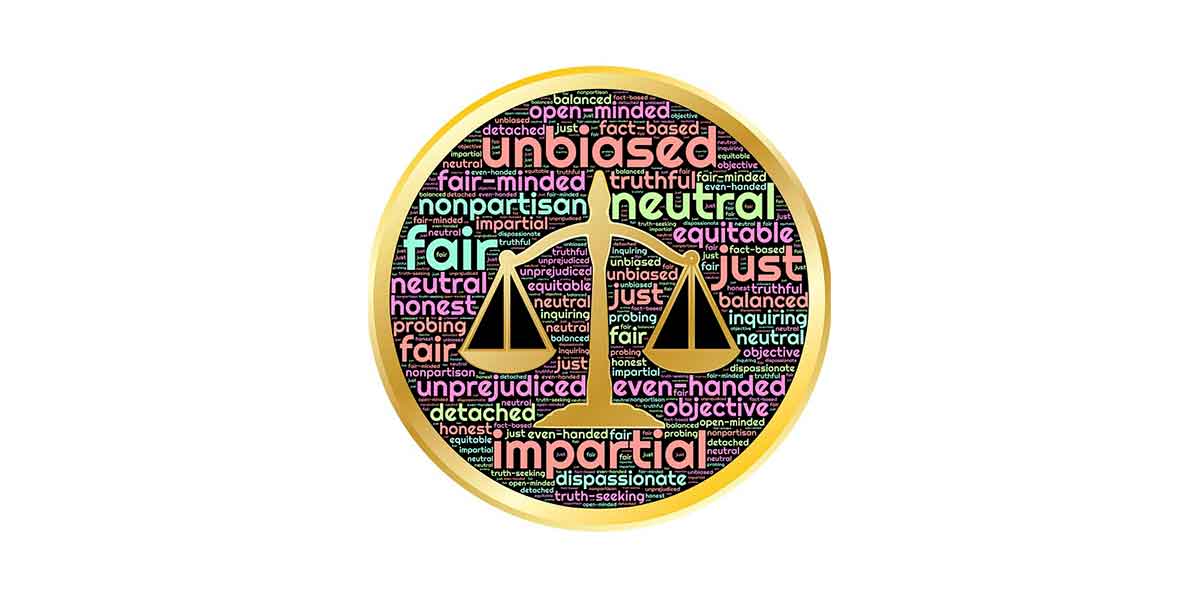When people hear the term Estate Planning, they often envision affluent families with grand estates and generational wealth. This misconception has deterred many from engaging in the process, thereby putting themselves and their loved ones at risk. Estate Planning is a crucial aspect of financial management that benefits individuals regardless of their wealth. It serves as a strategic tool to help people achieve their financial goals and secure their future.
Dispelling Common Misconceptions
It’s essential to address the widespread myth that Estate Planning is exclusively for the wealthy. Many assume that if their estate isn’t substantial, they don’t need to plan. In reality, Estate Planning is vital for everyone, regardless of the size of their estate. When done correctly, it can be a straightforward and manageable process. An estate plan allows individuals to manage their finances and assets, make desired decisions, and determine the distribution of their assets posthumously. The unpredictability of life is reason enough to consider Estate Planning. Even those without significant assets or family should invest in it to ensure their wishes are honored.
Universal Importance of Estate Planning
Estate Planning is crucial for protecting one’s children, spouse, and other family members from legal disputes, excessive taxes, potential asset loss, and court delays. Income levels or tax brackets do not determine the necessity of Estate Planning. After an unexpected death, managing bills and living expenses can become challenging for the family. Estate Planning can prevent financial hardship. It also helps avoid the costly and time-consuming probate process, sparing families from making difficult decisions. Additionally, Estate Planning can benefit individuals while they are alive by making them eligible for healthcare services like Medicare. In the event of an accident, having an attorney and healthcare directives in place can simplify matters. Even without substantial wealth, an estate plan can enable individuals to support charitable causes.
Estate Planning for Young Adults
Young adults in their 20s, often preoccupied with student debt and career advancement, may overlook Estate Planning. However, given life’s unpredictability, having a plan in place is prudent. Estate Planning empowers individuals to manage their financial and healthcare decisions, such as bill payments and loan management, especially in the event of an accident or illness. Proper documentation can address medical preferences, such as life support conditions, alleviating family burdens. It also allows individuals to designate asset distribution, potentially sparing their parents from probate and ensuring their wishes are fulfilled.
Even those who believe they have little should decide the fate of their possessions. Family disputes over property can be distressing, making it crucial to designate beneficiaries and assign financial accounts. Estate Planning doesn’t have to be costly for young adults; a few essential documents and proper guidance can save time and money.
Key Considerations in Estate Planning
Several factors should be considered during Estate Planning. A Will or trust, often associated with the wealthy, is essential for everyone. Even without significant assets, a Will is a fundamental component of an estate plan, ensuring property distribution according to one’s wishes.
Appointing an agent or attorney to make decisions when one is incapacitated is also crucial. Without this, decisions may fall to the court, potentially against one’s wishes. Designating a beneficiary and a contingent beneficiary ensures possessions are passed to the intended individuals. A letter of intent can further specify asset distribution. For those with children, selecting a guardian is vital to ensure their care in the absence of the parents. Without this designation, the court will decide the children’s guardianship.
Anyone with assets should consider Estate Planning. Without it, too much is left to chance. Protecting one’s family should be a priority, regardless of wealth.
Think Estate Planning is Just for the Wealthy? Think Again!
When it comes to estate planning, many people believe that it’s only necessary for the wealthy. However, this couldn’t be further from the truth. Estate planning is essential for everyone, regardless of their financial status. It’s about ensuring that your assets are distributed according to your wishes and that your loved ones are taken care of in the event of your passing. Here’s why estate planning is important for everyone:
Benefits of Estate Planning:
- Ensure your assets are distributed according to your wishes
- Reduce estate taxes
- Protect your loved ones
- Avoid probate
Practical Tips for Estate Planning:
- Create a will
- Establish power of attorney
- Set up a trust
- Update beneficiaries on retirement accounts and insurance policies
Case Studies:
Here are a few real-life examples of why estate planning is important for everyone:
| Name | Situation | Outcome |
|---|---|---|
| John | Did not have a will | Assets were distributed according to state laws, not his wishes |
| Sarah | Had a trust in place | Assets were protected and easily transferred to beneficiaries |
Firsthand Experience:
As a financial advisor, I have seen firsthand the importance of estate planning for individuals of all income levels. It’s not just about protecting wealth, but also about ensuring that your loved ones are taken care of and that your wishes are honored. Don’t wait until it’s too late – start your estate planning today!
Remember, estate planning is not just for the wealthy. It’s for everyone who wants to protect their assets and their loved ones. By taking the time to create a comprehensive estate plan, you can ensure that your wishes are carried out and that your loved ones are provided for. Don’t delay – start your estate planning today!




